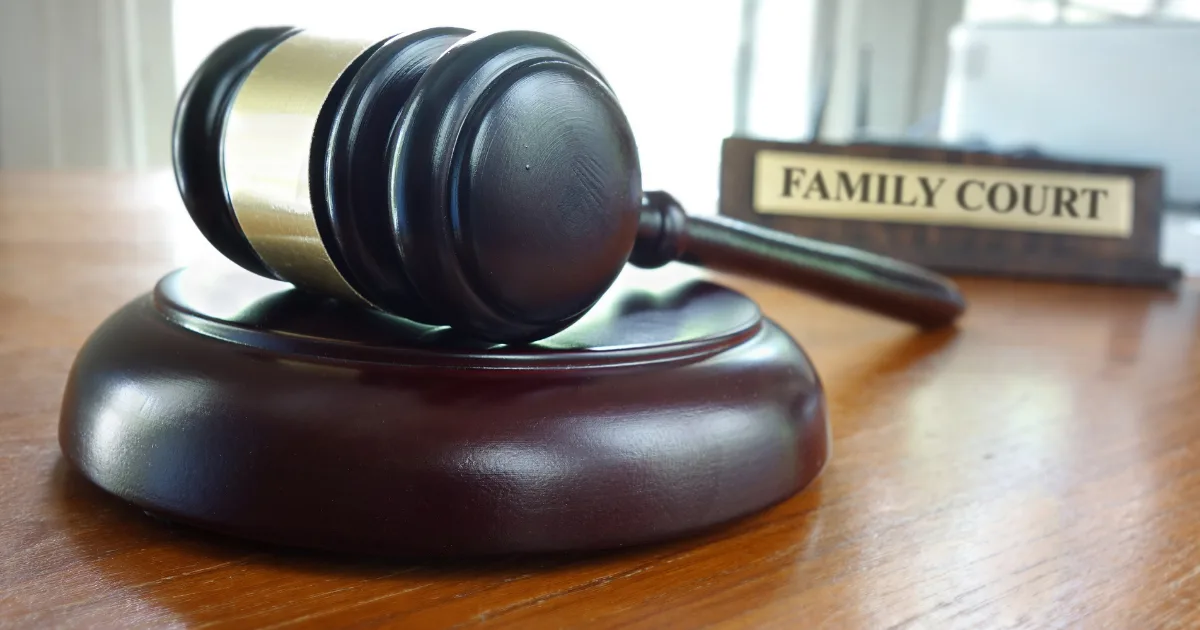Our Latest Resources
Government to repeal the presumption of parental involvement 

23 Oct 2025
News
Insights
Government to repeal the presumption of parental involvement
Stable Diffusion and Unstable Law. How generative AI is challenging decades of intellectual property laws. 

17 Sep 2025
News
Insights
Stable Diffusion and Unstable Law. How generative AI is challenging decades of intellectual property laws.
AI & copyright protection – What’s the latest? 

9 Sep 2025
News
Insights
AI & copyright protection – What’s the latest?
Behind the Wedding Bells – The Growing Number and Significance of Pre-Nups 

2 Sep 2025
News
Insights
Behind the Wedding Bells – The Growing Number and Significance of Pre-Nups
High Court: Estate of ‘bigamist’ to be shared 

1 Sep 2025
News
High Court: Estate of ‘bigamist’ to be shared
Understanding Freehold vs. Leasehold Properties 

4 Aug 2025
News
Understanding Freehold vs. Leasehold Properties
A Toddler’s injury, A Family’s Fight: Holding the Lodge accountable. 

29 May 2025
News




